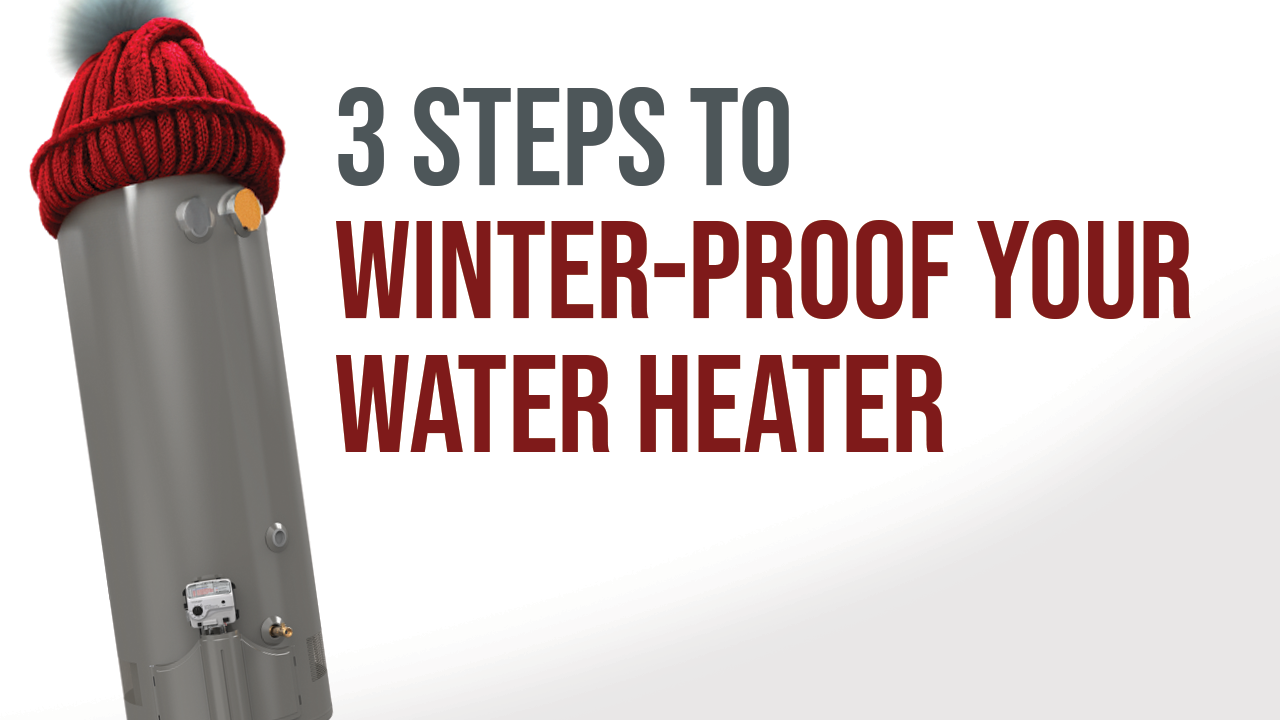Updated January 22, 2024
We offer services to install a variety of water treatment systems, such as filters, purifiers, and conditioners. One of the most powerful water treatment systems we can install in local homes is a reverse osmosis system. If you have concerns about issues with the quality of your drinking water or the hardness of your water, a reverse osmosis system may be part of the solution.
The Basics of Reverse Osmosis Water Filtration
A reverse osmosis system is a type of filter, but it works much differently than standard water filters like adsorption and activated carbon filters, which catch particles across their surface to remove them from the water. A reverse osmosis system contains a semi-permeable membrane that serves as the filter—as water passes through it, the membrane traps small pollutants. However, because of the filtration power of the filter, water will not normally flow through it. This is where the reverse osmosis part comes into play.
The system creates two different areas of pressure on either side of the membrane. The incoming water is put under much higher pressure. This imbalance of pressure causes the water in the high-pressure area to move to the lower-pressure area—forcing it through the membrane so the filtration can take place. This is the same technology used for water purification that major water bottling companies use—and it can be installed right into your home.
How a Reverse Osmosis Filter Can Be Useful
This is a powerful type of water purification system, and it may not be necessary for the pollutants in your water. The best way to find out if your household water situation is a good match for reverse osmosis is to schedule water testing. Our experts can find out what dissolved solids and chemicals are in the water and if a reverse osmosis system will help.
Some of the pollutants that reverse osmosis help remove include lead and many other heavy metals, Chromium 6, chlorine and chloramine (common byproducts of water treatment plants), fluoride, numerous cancer-causing chemicals, toxic herbicides and pesticides that seep through the water table, and many more harmful contaminants.
One of the best uses for reverse osmosis is to pair it with a water softener in Altoona, IA. Water softeners counteract the hardness of water by exchanging hard water minerals for sodium. However, this can lead to too much sodium in the water. A water treatment professional may recommend installing a reverse osmosis system to balance out the water softener.
Schedule Water Testing
Whole-house water treatment must always be left to trained professionals with the best tools. You shouldn’t try to buy a reverse osmosis system online and then attempt to install it yourself! Start the right way—call our water treatment specialists to schedule water testing. When the testing is done, we’ll be able to provide you with a complete rundown of what’s in your water—hardness, alkalinity, acidity, and any chemicals and hard metals you’ll want to remove.
Call us if you think you need a water treatment system. At Golden Rule Plumbing, Heating, Cooling & Electrical, “We Obey the Rules to Live By!”
Contact Us Today for Plumbing Service!
If you found this post helpful, check out some other budget-saving tips:


Winter brings colder temperatures, which can take a toll on home water heaters. A water heater that isn’t ready for winter may struggle to provide hot water... Read More

Winter can bring a sense of coziness—until you encounter the nightmare of frozen pipes. For homeowners, the risk of plumbing issues due to freezing temperatures is real,... Read More

For many homeowners, dealing with a gas water heater that suddenly stops working can be a daunting experience. However, in many cases, the issue may be as... Read More
